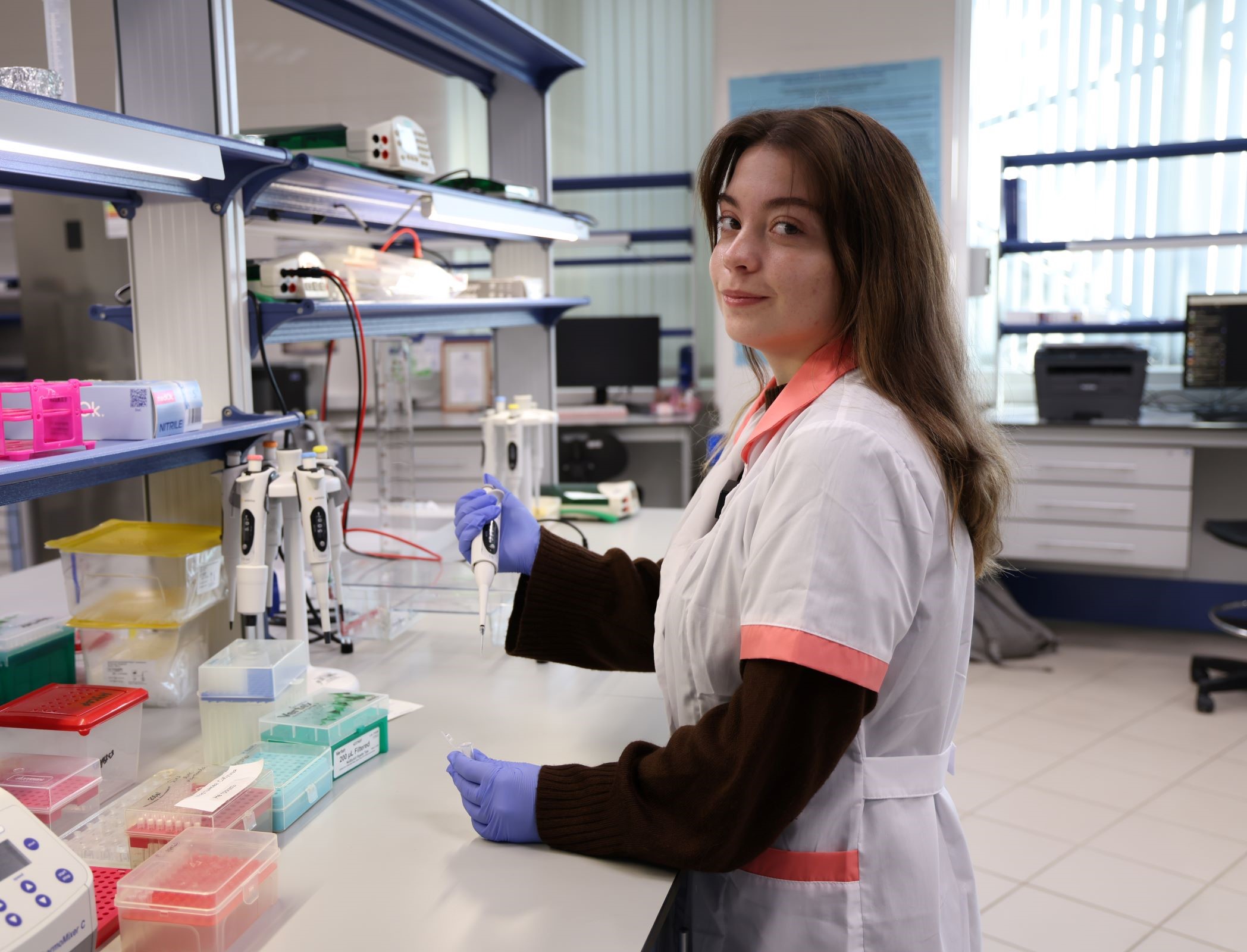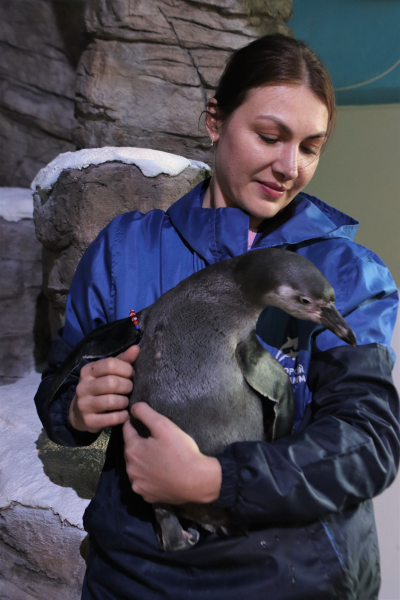A new annual learning season has started for two educational projects, Growing up at the Aquarium and Educational Environment, at the Primorsky Aquarium. Children refreshed their knowledge of biology and ecology and learned new things during such lessons as "Research methods in biology", "Coral Reef Fishes", "Treasures of the Japan Sea", and "Whales-That-Are-Not-Fish and Other Mammals". For example, one of the lessons focused on pinnipeds and whales, discussing the difference between fur seals and true seals, as well as the habitats of whales and their taxonomic relations with other marine mammals.
The Primorsky Aquarium regularly launches new educational programs. For the 2024-2025 school year, we offer a new stage within the Growing up at the Aquarium project. The stage called Planet KidsArium is addressed to 5-6-graders (9 to 10 years old) who will receive a deeper understanding of biology, ecology and geography through theory and practice and learn about the local wildlife of Primorye. The curriculum includes both in-class and out-of-class activities like quizzes and quiz trails, tours and outdoor games.
Irina Tikhonova, Principal Specialist of the Education Department, says that more than 100 children are taking part in the Growing up at the Aquarium project this year. As for the Educational Environment, over 200 school and university students have participated in its different programs since the start of the learning season.
Growing up at the Aquarium is a large-scale educational project on marine biology learning for children of different ages. It includes eight stages. The first one is Belyok, an environmental biology club for 6-7-year-old kids. As they grow older, they are welcome in Sea Guardians, an ecology club for children aged 8 to 9 years. The third stage, Planet KidsArium, is for students aged 9 to 10. The fourth one, Ichthyology Club, awaits junior 10-11-year-old aquarists. SeaLs (Sea of Life) is for 12-13-year-olds. And AQUAlaboratory (stages 6 and 7, two years) is for teens between 14 and 17, keen on real scientific research. The students, who are ready to carry out their research individually under a guidance of an experienced biologist, are invited to go to the eighth stage, Researcher, which has no age limits.





